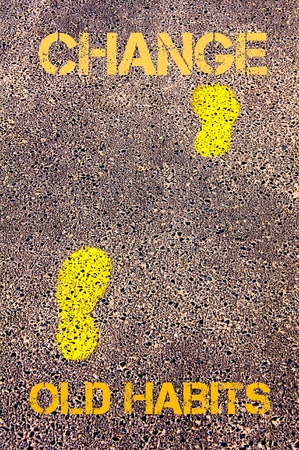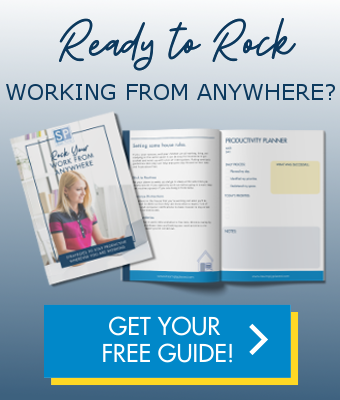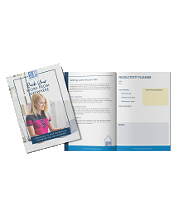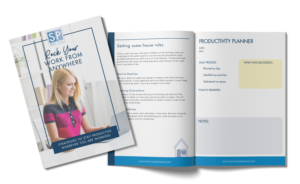
Making a daily plan is a great way to get organized, but the plan alone is not enough; to be successful you need to follow it. If you are not already in the habit of making a daily plan, you may need a trigger to remind you to do so. A good way to cue a new behavior is to tie it to a habit you already have. If you want to establish end of day planning, make it part of your work day routine before you pack up to leave the office for the day. If you want to set up start of the day planning, make it your first morning task when you get to your desk but before you log on to email and check voice mail.
One benefit of end of the day planning is that if you lock in your plan for the next day, you free up your brain to relax and enjoy your evening. If your mind wanders to, “I can’t forget to do __ tomorrow” it can keep you from sleeping well and distract you from your off time. But some people may find the end of the day is too hectic to engage in planning. In this case, jot items down to consider in the morning to clear out your mental queue for the evening.
Once you choose your cue, set a reminder such as an alarm on your phone or a sticky note on your desk, car dashboard or mirror so that you won’t forget to make your daily plan. We recommend when you establish a daily planning activity, that you commit to try it for at least a week. At the end of the week-long trial, reflect on your outcomes and any challenges you faced. Tweak your routine and cues as needed to make it fit your life and keep it going.
And remember, developing new habits is a challenge, and a process. You may have heard that it takes 21 days to fully establish a new habit – this is based on out-of-date research from the 1860s. Newer studies show that it takes closer to 66 days to make a new habit part of your daily DNA. The research found three important things to help motivate you to develop these new organizational habits:
- First, occasional lapses do not derail your efforts. If you forget to plan for a day (or two), that’s okay, just reset and do it tomorrow.
- Second, perfection is not required. Give yourself permission to make mistakes and, when you do, make a plan to get back on track.
- Three, embracing a longer time line reinforces that setting habits is a process and not just a single event. Commit to the process.
If you or your employees could use help establishing habits to improve time management, increase productivity and decrease stress, schedule a free consultation with one of our Simply Placed Productivity Consultants and Professional Organizers. We offer home and business organization services in the greater Seattle area and are ready to help you get organized so you have more time to focus on what matters most.






